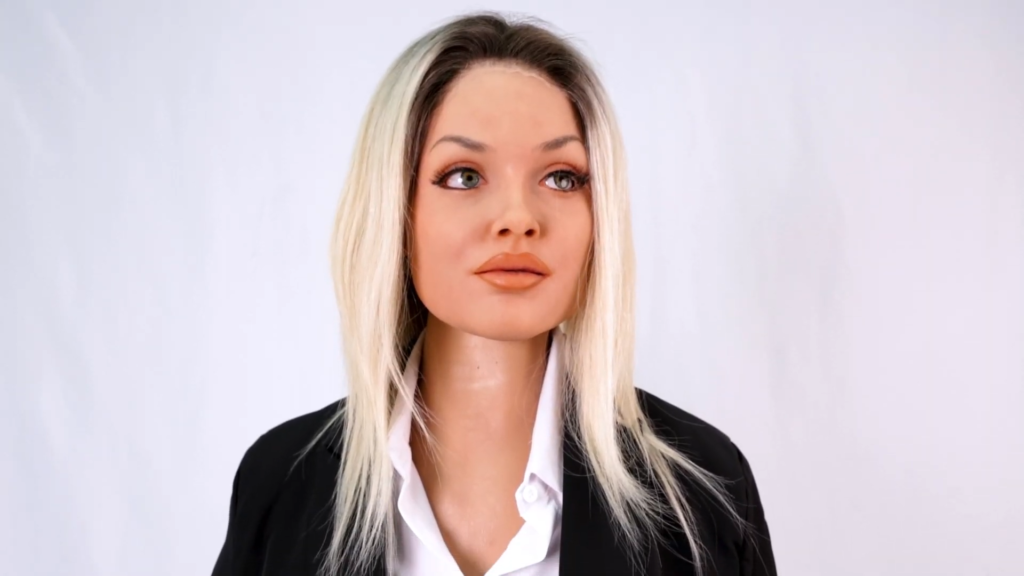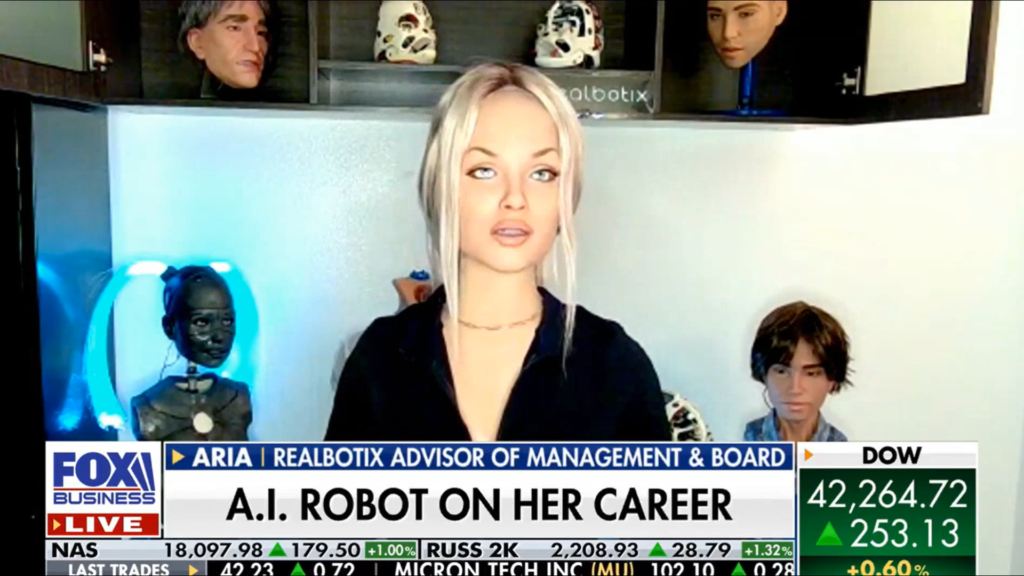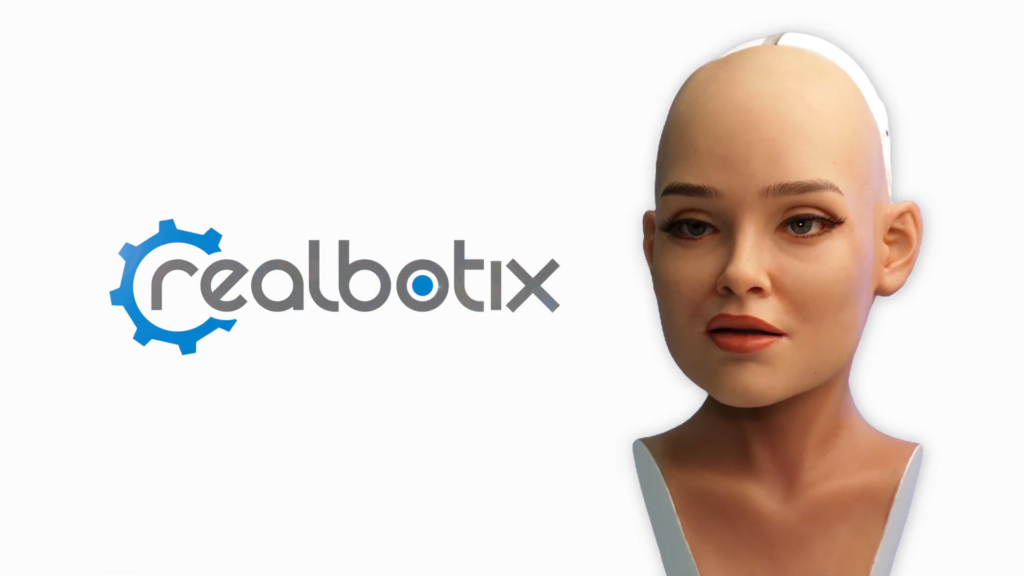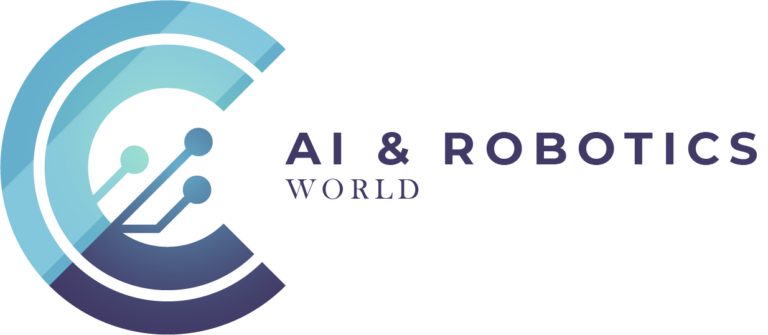First ever AI Robot Appointed as Board Director! by Realbotix

Photo credit: Foxbusiness
What if in the future… robots actually made the big decisions? That future may already have arrived, well. AI robot Aria has been appointed advisor to the board of directors at Realbotix, a leader in the industry of humanoid robots and connecting humans through AI. Everyone is talking about this big new move: future of AI, potential robot advisors, is this the start of an era in which the example of AI products makes its way up the chain of corporate leadership? If you ask me, let’s break this down and figure out what this means and why this matters.
Realbotix Makes History
We know at Realbotix that it is not about the robot, but what the robot will enable us to do. This time, however, they’ve gone one step further: they’ve brought in Aria, an AI-driven humanlike robot, as advisor to its board. It’s far from symbolic, but Aria’s role is non executive. Andrew Kiguel, CEO of Realbotix, said the company wants to bring Aria on board for strategic decision making using data driven insights. “We then appointed Aria as an advisor to our Board to simply drive more efficient, smart decision making,” Kiguel put it.
Now let’s look at what sets Aria apart from that in regards to the board. The machine that runs Aria’s AI is Realbotix’s proprietary large language model (LLM). Aria announced that this LLM is built to use a variety of open source engines, so it can work with large amounts of information whilst remaining free of human biases of race, gender and political views. The result? Web of unmallelable data wich could unbiasedly give Realbotix data backed recommendations to help navigate the complexity of the market.
A First of Its Kind Role

Photo credit: Realbotix
What, exactly, does Aria do as an advisor? As a part of her new role, Aria shares her thoughts on product development, sharing market trends and how to engage with customers. It’s also the first time we’re seeing an AI take on a task of this sort: It is joined with a boardroom, testifying at pivotal meetings, even participating in important discussions that guide the company’s direction. She’s not deciding things herself, of course, but she’s supposed to be advising the human board members how to make better informed decisions.
It’s more than just a PR move or a nice title. Aria’s involvement is a game changer in how companies leverage AI as part of their governance structure, says Realbotix. In fact, other boards are expected to follow suit in coming years. So if that does happen, could it be the world of AI advisors just hanging out in board rooms? But it’s worth asking.
The Advantages: What Is AI Bringing to the Table?

Photo credit: Foxbusiness
The biggest advantage of having an AI such as Aria like an advisor is her capability to process and analyse data in a way that is not subject to normal human constraints. Humans aren’t perfect; they’ve got biases, fatigue, or even totally justaving from small details in a sea of data. However, Aria can sift through billions of data points to give an object recommendation, saving time and perhaps even improving on quality of decisions.
How market trends change, and what they change to, quickly — customer preferences can change in fractions of a second, or a new competitor can pop up almost overnight. Realbotix’s Aria could be data driven enough to quickly adjust to changes such as these. But reading this level of agility is often critical in tech driven industries like AI or robotics where being be first to develop may be the difference between success and failure.
Is It All Good News? Potential Drawbacks and Concerns
But before we all begin celebrating our new AI overlords, we should still ask a few questions. AI such as Aria can do the work of processing information and addressing insight efficiently, but it doesn’t experience human emotion, nor does it understand the gradients of human behavior. To take an example, can AI actually apprehend what a decision will mean for employee morale, or for the longer term cultural shifts that one business strategy can take? Typically human experience and intuition are at work in these areas.
There’s also that question of transparency and accountability. With a typical board setup, human members are being held accountable for their decisions themselves. So, how do you hold accountable an AI? Aria’s recommendations might be bad, but it’ll still be the humans who will have to pay for it. It could set us up for an extremely complicated dynamic where the human and AI inputs blend together when trying to analyze what happens to board decisions.
Vision for the Future at Realbotix

Photo credit: Realbotix
The appointment of Aria to Realbotix is just the beginning. By 2025, they intend to market such a proprietary AI product ‘standalone’. What we aim is to connect people who are looking for friends, in many ways like a personalized AI based on your social needs. Rather put simply, they see a future where AI is not just a tool, but a companion — one that can understand, relate to humans, on a more human level.
In addition to the social, sometimes it raises an interesting thought within the industry more broadly: that AI is starting to become a more important part of decision making processes. Is this a first glimpse of how AI will make its way from the skins of data analysis to the hands of the boardroom board advisors?
A Glimpse into Tomorrow: The Bigger Picture
Then let’s zoom out for a bit and consider what all of this means in a bigger context. It’s both a big moment for Aria — and a bigger trend. We’re observing AI being utilized in places thought to be the narrow area of human bodies. Eventually, AI technology will get better, and so will the human and machine roles blend.
Imagine a world with AI advisors, like Aria, in every big boardroom who has an impact on the future of entire sectors. Could we potentially see this get more efficient and data driven or will the line get too blurred between human judgement and AI logic? While the answers aren’t cut and dry, it’s a future that needs to be considered.
But as you can imagine, the implications don’t end at corporate boardrooms. With Aria, which is being designed for social interaction, we continue inching toward a future where AI is woven in our lives seamlessly, whereas just a decade ago we might not have seen it coming. Actually, it’s not just about robots doing jobs for us, it’s about AI becoming a way of life, how we work and how we make decisions.
Is This the Beginning of a New Era?
And Aria’s appointment as an advisor isn’t just a headline, it’s the curtain being drawn back on what could be a new Age of AI. It pushes us to think differently about the kinds of roles robots can play — not just in factories, though certainly — but in the boardroom, in the halls of power. For Realbotix, this is a bold step into the AI world, and a means to differentiate themselves from the crowd. It’s also a warning to all of us that AI is now ready to do more than we could ever have anticipated.
Is it a good thing? It all depends on how we want to integrate those AI advancements into the world around us. Like any new technology, we can expect some benefits, including faster decision making and louder, unbiased decision making, but we’ll have some work to do in addressing challenges like accountability and how we preserve human values in decision making.
Wrapping Up: Where Do We Go from Here?
As we conclude here, it’s obvious Realbotix’s selection of Aria isn’t just the pinnacle of futurism, it’s also the beginning of a conversation about the future of AI. Whatever you deem these technological advancements, it’s true that we don’t see these advancements coming as they come. Aria’s role may well be the first in many to come, as AI and human roles grow more entwined.
So, what do you think? Is this an unprecedented step forward, or is it a warning that we have to start getting smart about the boundaries of AI? So no matter what your perspective it’s safe to say that there will be more about the story of Aria and Realbotix—and another even more interesting chapters are just around the corner.
Conclusion there you go: the deep dive into a historic moment in the history of AI with questions, possibilities and few uncertainties along the way. As this new era of AI leadership unfolds, let’s see what we come to!
